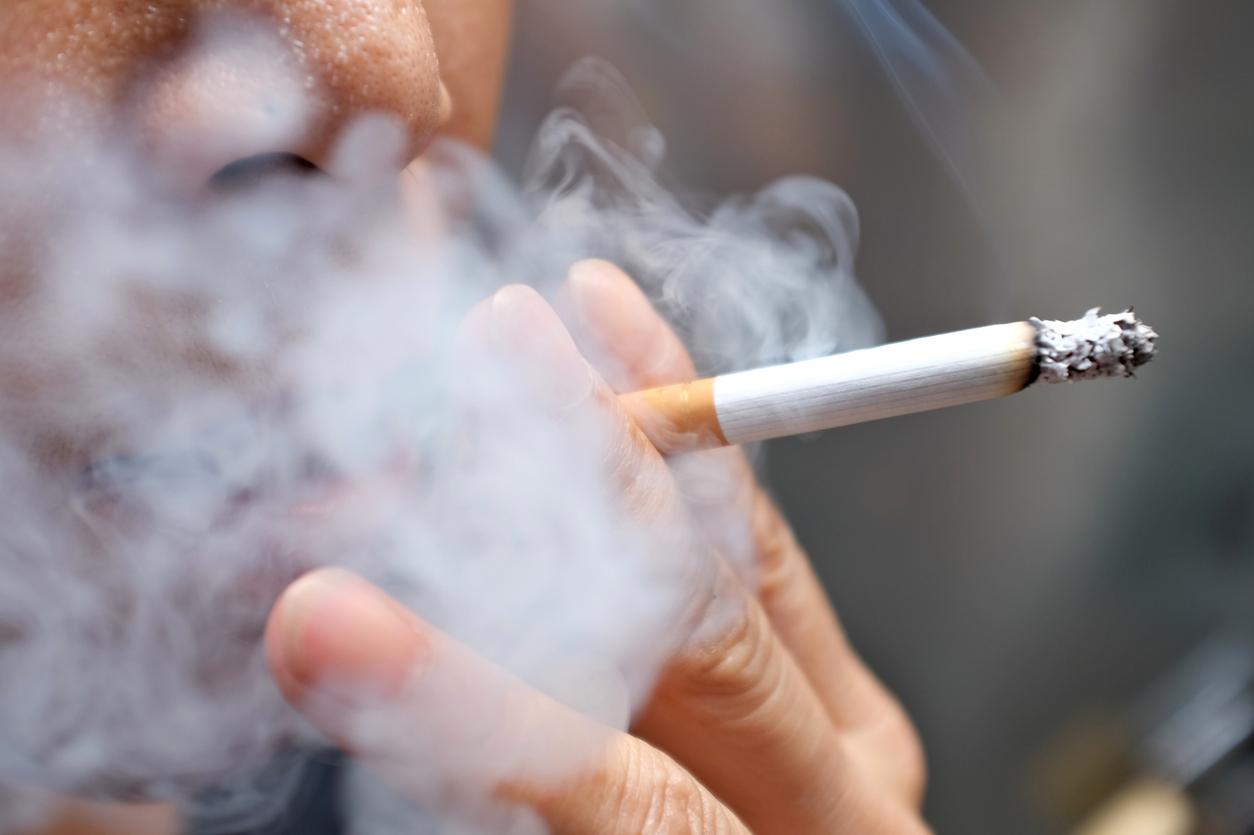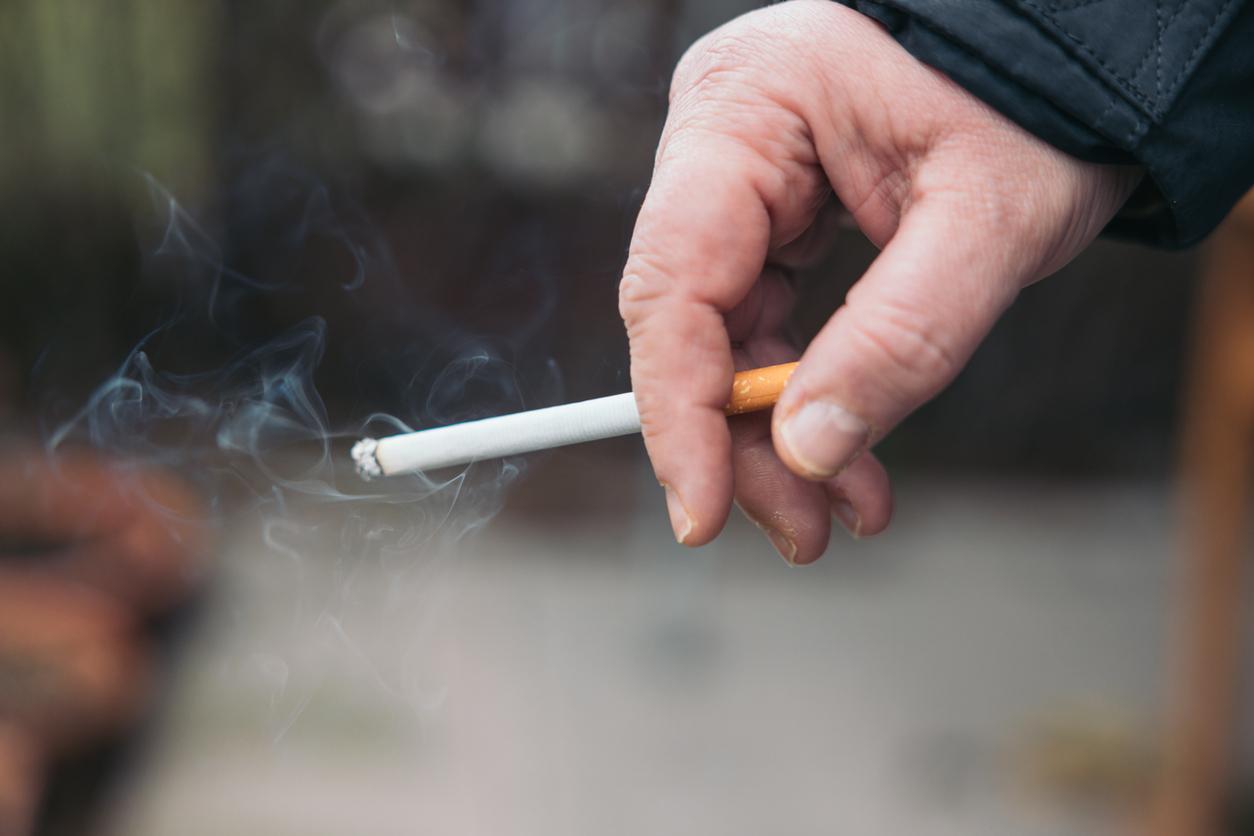“Women are too little informed about the impact of active or passive smoking on their bodies”, deplores Professor Loïc Josseran, doctor, professor of public health at the University of Versailles-Saint Quentin en Yvelines, President of the ACT-Alliance against tobacco.
He recalls that each year in France 20,000 deaths of women are linked to their tobacco consumption. “Smoking increases the risk of breast cancer. A woman who smokes has a 21% increased risk of getting breast cancer than a non-smoking woman”, says Professor Josseran. (1) Tobacco also increases the risk of other female cancers such as cervical and ovarian cancer. In a smoker, the risk of developing ovarian cancer is multiplied by 2. In addition, “9% of cervical cancers and 18% of ovarian cancers and 1 in 10 breast cancers are tobacco-related,” adds Professor Josseran. (2)
Female cancers: all tobacco consumption is at risk
Do you think that smoking one or two cigarettes a day does not lead to an increased risk of breast, ovarian or uterine cancer? In fact, yes. “Smoking one or two cigarettes a day for 20 years is as dangerous as smoking a pack a day for a year,” deciphers our expert who explains that the notion of duration is important.
As with all other tobacco-related cancers, carcinogens in cigarette smoke pass into cells and interact with cells in different organs. The longer the exposure, the greater the risk of cancer. “Heated tobacco products are no less risk-free”, says the doctor.
To reduce the risk of breast, ovarian and cervical cancer, no tobacco!
The ideal is of course not to start smoking. If so, the shorter the consumption, the better. “The impact of smoking on the risk of breast, ovarian or cervical cancers only decreases gradually after quitting, which should encourage people to quit smoking as soon as possible”, says Professor Josseran.
For him, one of the key moments in a woman’s life to quit smoking is pregnancy. During this period and of course at any time, it is best to be accompanied by a health professional to quit smoking. There are also two remote assistance devices: the tobacco-info-service site and the 39 89 line.
And also : It’s the month without tobaccoall the information to register.
(1) Gram IT, Little MA, Lund E, Braaten T. The fraction of breast cancer attributable to smoking: The Norwegian women and cancer study 1991-2012. Br J Cancer 115, 616-623 doi: 10.1038/bjc.2016.154
(2) Cao B, Hill C, Bonaldi C et al. Cancers attributable to tobacco smoking in France in 2015. Eur J Public Health 2018; 28: 707-12
Sources:
- Interview Pr Loïc Josseran, doctor, professor of Public Health at the University of Versailles-Saint Quentin en Yvelines, President of the ACT-Alliance against tobacco.
- Olié V, Pasquereau A, Assogba FAG et al. Changes in tobacco-related morbidity and mortality in French women: worrying trends. Eur J Public Health 2020;30:380-5and Bonaldi BEH 2019.
















